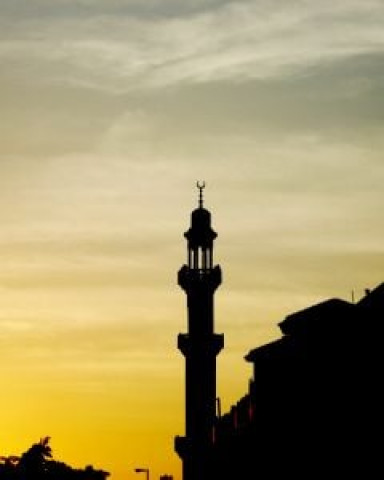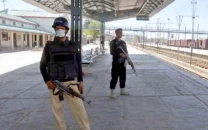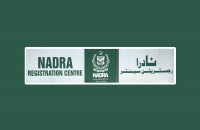Foreign, local academics discuss Pakistani, Muslim and South Asian societal issues
The two-day conference includes speakers from Harvard and UPenn, as well as local universities BNU and FC College.

The seminar, titled “Issues in Pakistan, South Asia and Muslim Societies”, has been organised by International Islamic University Islamabad, the American Council for the Study of Islamic Societies and the South Asian Muslim Studies Association, in collaboration with FCCU.
International speakers have come from two of America’s Ivy League institutions, Harvard University and the University of Pennsylvania, and the University of North Carolina. They, along with participants from local universities including IIUI, Beaconhouse National University and FCCU, attempted to highlight complex topics such as the academic system and its relevance to society, and varying opinion on the concept of violence and Islam.
“An incentive system should be introduced to facilitate progressive changes,” said Dr Mary Linda Armacost, a senior associate at UPenn’s Institute for Research on Higher Education.
In her presentation titled “Driving transformational change in higher education in Pakistan”, she said that in Pakistan, changes are borrowed from developed countries without being customised to Pakistani needs, which is why people can’t relate to those changes in the system.
She also expressed reservations over the lack of a continuous system to ensure strategic planning at Pakistani universities, which are under-funded for research and development.
Prof. Dr Afroz Taj, from the UNC’s Department of Asian Studies at the UNC, held an engaging session by describing how he taught Urdu and the Pakistani culture [at the university] by using popular Urdu television dramas and films. “Pakistani dramas have helped people both within and outside the country in understanding the complexities of Pakistani society,” he said.
Prof. Taj stressed on the need to teach a “culture” which comes with a language. “Students should be introduced to it (culture) in the course of teaching a language.”
Talking about language, Dr Tariq Rehman, dean of the School of Education at BNU, shared observations about Urdu in British India and its relevance towards peace in contemporary times. “Urdu and Hindi share a common root but diverged owing to eventual cultural additions. Urdu incorporated Muslim culture while Hindi Hindu culture, due to which the two languages developed separate identities.”
In the second session on Islam and violence, Dr Grace Clark, dean of the Faculty of Social Sciences at the FCCU, spoke about whether Pakistan was heading towards ‘religious cleansing’. “It is a process in which deliberate acts of violence, humiliation and intimidation are employed to ensure that a religious group is forced to leave a geographical area,” she said. However, she emphasises that although religious fundamentalism is believed to breed religious violence, it does not necessarily cause it and may require several other contributing factors.
One of the contributors, she said, could be ‘state religion’. “Religion, whichever it may be, when once promoted to the status of ‘state religion’, has to be defended by the state hence discouraging any discourse which questions that religion.”
Dr Muhammad Safeer Awan, assistant professor at the IIUI’s Department of English, discussed the relevance of the Arab Spring to Pakistani society. “There is a significant difference in the forces mobilising the Arab Spring and those which are at work in Pakistan,” he said, adding that after the event that overthrew regimes in Tunisia and Egypt, religious parties in Pakistan had tried to engage in activities to trigger such revolution in Pakistan.
Explaining the term ‘Islamotopia’, he said that the concept implies the formation of an ideal Muslim state based on concepts of Islam held by those wishing or working towards its formation. “Adherents of this idea often present readily applicable and easy solutions to address complex situations in order to promote their ideals.”
The two-day international conference will continue on Monday at the FCCU, with more than ten foreign and local speakers expected to share insight on topics ranging from art and culture in Pakistan to identity issues of various ethnic and religious groups.



















COMMENTS
Comments are moderated and generally will be posted if they are on-topic and not abusive.
For more information, please see our Comments FAQ